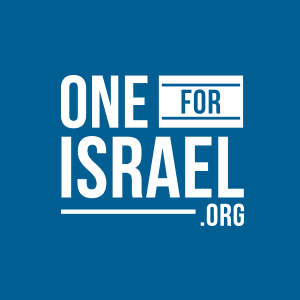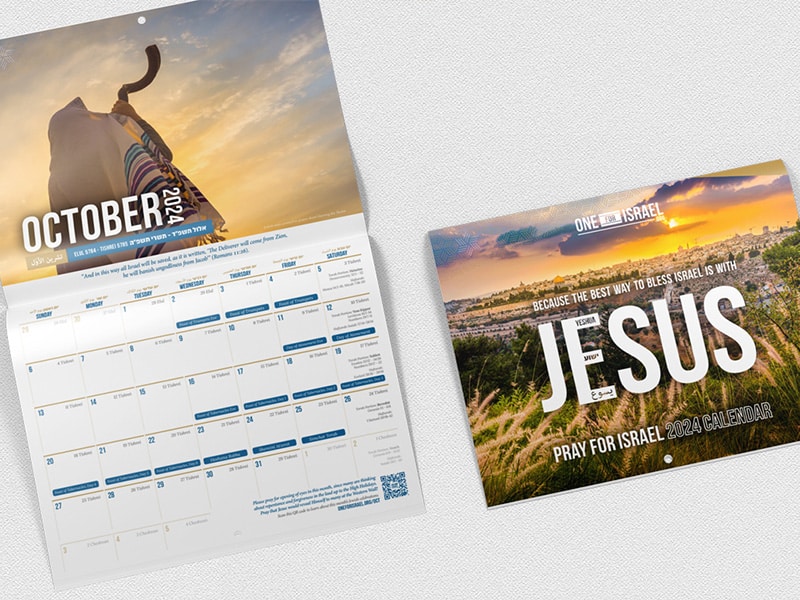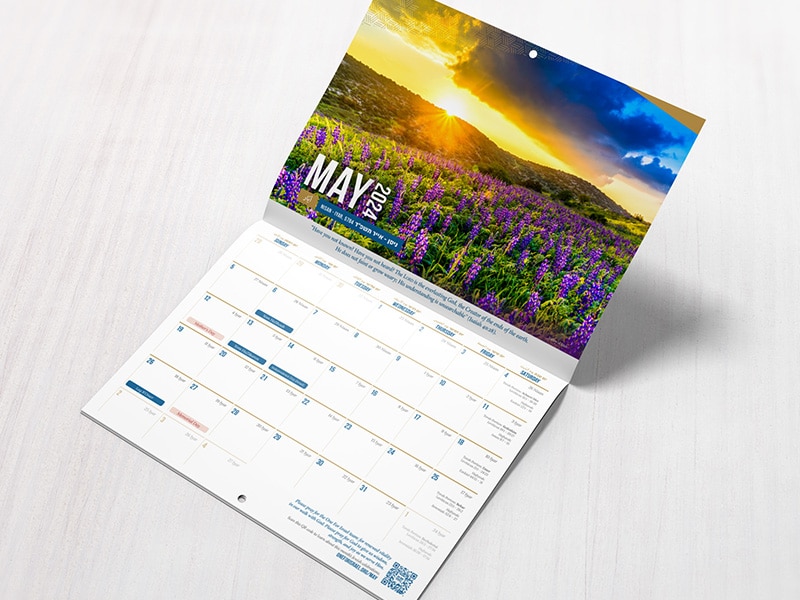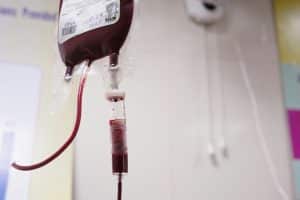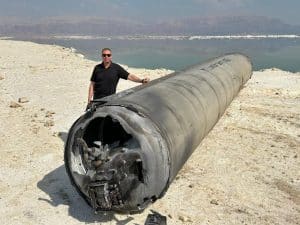An air of intensity hung over the little synagogue. It was stifling as the men of the congregation stood together, solemn in prayer, deep in concentration. Heads covered with tallisim, some of the men took on the appearance of prophets pleading for the people, beating their breasts, afflicting their souls for the sake of the nation.
For many Jewish people this is a shared memory of worship on Yom Kippur, the holiest day of the year. It certainly was my experience.
Yet Yom Kippur is not just a time for personal reflection, nor is it intended to be merely an occasion for a catharsis of the soul designed to make us feel better. Rather, it is a time when individuals are implored to humble themselves before the Lord (Leviticus 23:27). The community of Israel is to collectively seek atonement. This is why the High Priest of Israel implored the Almighty on behalf of the assembly. His role was that of mediator.
Levitical worship required the High Priest to enter into the awe-filled Holy of Holies alone. Each year one from the Levitical family was set apart for this sacred service. His role was carefully prescribed in the Scriptures: ” And he shall make atonement for the holy place, because of the uncleanness of the children of Israel, and because of their transgressions, even all their sins; and so shall he do for the tent of meeting that dwelleth with them in the midst of their uncleannesses” (Lev. 16:16 JPS).
Even in modern times the basic ideas of communal confession and mediations on the Day of Atonement have prevailed. This is evident in the special Machzor Prayer Book. Most notable is the ” Oshamnu” prayer of confession:
We are guilt-laden: We have been faithless, we have robbed, and we have spoken basely; We have committed iniquity, and caused unrighteousness; we have been presumptuous, done violence, framed falsehood…” (Hertz Daily Prayer Book, p. 907)
Concerning this confessional prayer, the great Jewish mystic of the 16th century, Isaac Luria, commented:
Why was the Confession arranged in the plural number so that we say, ” We are guilt-laden, instead of I am guilt laden? Because all Israel is one body, and every individual Israelite a member of that body. Hence follows mutual responsibility among all the members.” (Hertz Daily Prayer Book, p. 906)
Communal worship and confession require a corporate representative, one who could serve as a mediator between the people and God. In the Scriptures the one chosen to be this representative was selected by the Lord himself, yet the representative was from the midst of the people.
Abraham our father mediated for the people of Sodom. Moses served as the mediating representative throughout the wilderness experience. And when a Levitical priesthood was established, the High Priest would stand as the representative for the nation. On Yom Kippur he would enter the Holy of Holies on behalf of the nation, offering up the special sacrifice. This concept of priestly intervention continues as a part of Jewish High Holiday worship today. During these Days of Awe the rabbi offers up prayers on behalf of the congregation. Though he acknowledges his shortcomings and inability to adequately represent the people of the congregation, still there is the need to mediate as a community representative.
But the question remains: Why do we need someone to stand before man and God? Some might say, “Perhaps that was important to people 2,000 years ago, but it doesn't have any bearing on our lives today.” Yet the passing of time doesn't make the important and timeless truths of the Scriptures any less valid. If there was a need for a mediator between men and God in antiquity, there is a need for one today.
A mediator is one who stands between two estranged parties and seeks to reconcile them. On Yom Kippur it is easiest for us to understand that we have offended God and we must secure his mercy for atonement. The offense that exists is commonly known as sin. The Tenach states emphatically:
The Lord looks down from heaven on mankind to find a man of understanding, a man mindful of God. All have turned bad, altogether foul; there is none who does good, not even one. (Psalm 14:2-3 JPS)
A chasm exists between men and God. That distance between Creator and creation needs to be bridged by one who is mutually representative. In Biblical times there were men approved by God to serve him as intercessors—the patriarchs, the priests and the prophets. They were not perfect, and their own sins needed to be atoned for as well. On Yom Kippur there was always the fear that the High Priest's sacrifice would not be accepted and he would be smitten. For that reason he wore a rope around his waist to pull him out of the Holy of Holies, should he die. If the priest had not properly purified himself, it would have had catastrophic consequences for all the people.
Our ancestors had the benefit of a sacrificial system and an Aaronic priesthood. Today, however, our situation doesn't lend itself to these visible means of atonement, and there are no ready mediators. This should pose a deep dilemma for all who seek God. Knowing that the Holy One of Israel would never abandon or forsake his people implies that there is always some means of atonement available to us. Who can stand for us today? We have an answer to that question. Do you?
by Efraim Goldstein
Copyright 2009 Jews for Jesus
